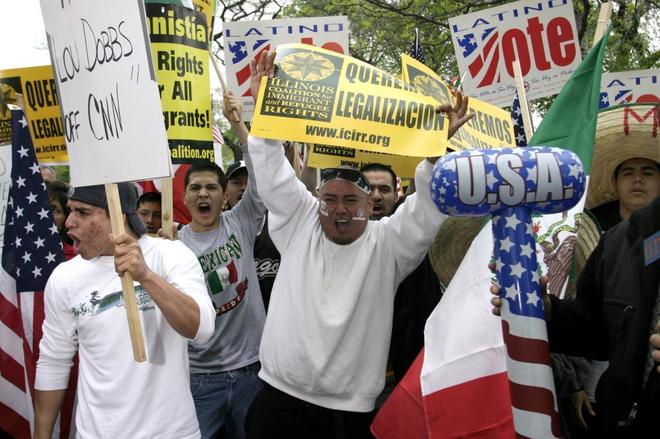
In Spain, we would probably be gobsmacked if the bank asked such a question when applying for a loan. In the United States, not only is it normal, it is recommended. The goal is to prevent discrimination. If somebody is able to prove that they have not been sold a house or given credit due to the color of their skin, it can reflect very badly on the owner or the bank.
This sounds better in theory than in practice. For example, I am technically Hispanic, because both the Spanish and Portuguese fall under this category. Being in more than one category, it can be absolutely baffling that Iberians fit in a box created for Latin Americans. But bureaucracy manages it in ways that man doesn’t. That’s right: in another section, I’m Caucasian, or I’m white. Here I am Hispanic Caucasian Pablo Pardo.
The majority of Spanish people I know do not want to be Hispanic, so in a census they label themselves as “of European origin.” Many Latin Americans also don’t like to be placed in the Hispanic category, because they associate it with poor immigrants and mixed races; and in Latin America, elites tend to be more white than people in the U.S., in Cuba for example.
Once, a Spanish man explained to me why he had registered as Hispanic. “Because, if one day I have a problem, I can blame it on them being racist!” he said. It’s a flawless argument, because in the United States, racism only exists when committed by whites toward others. I know a Spaniard with dual nationality who has been living in Spain for 20 years and managed to get himself, his wife and his three kids seats on a full flight, claiming that they were victims of racial profiling, which is otherwise known as racial discrimination. As a result, I suppose the airline threw five white people off the aircraft, who may have been just as white as my acquaintance and his family.

Leave a Reply
You must be logged in to post a comment.